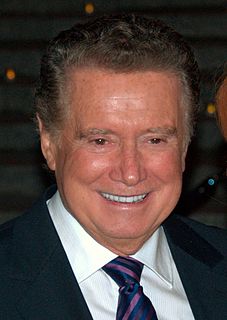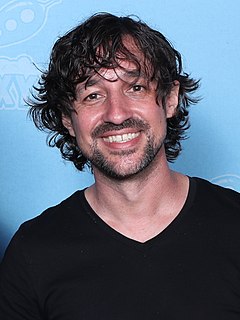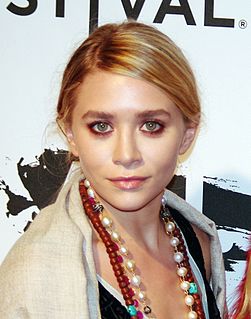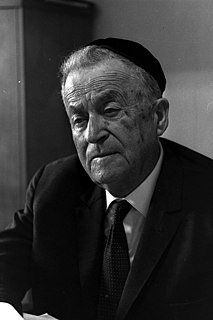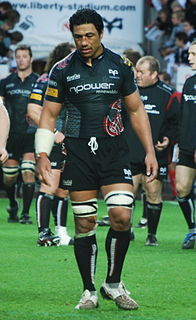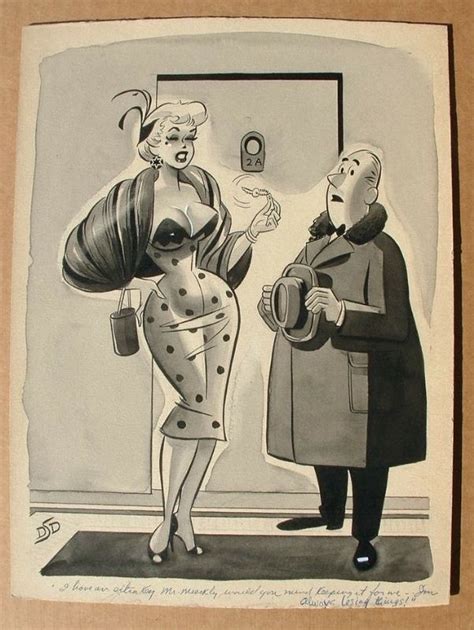A Quote by Regis Philbin
I would do the morning show and then just walk over to the network side of the building here at ABC in New York and sit down and start it up again and introduce the 10 contestants, and then introduce the 10 - the fastest finger question, and pick one of them, put them in the seat before you finally got to asking them the questions.
Related Quotes
When I auditioned actors I never make them act. I choose a long symphony, then I tell them to sit down and I play the symphony for them. Then I sit and I look at them. I always pick a piece of music that has up and downs, very dramatic parts, very quiet parts and really sensitive parts so that it can produce different emotions.
I turn sentences around. That's my life. I write a sentence and then I turn it around. Then I look at it and I turn it around again. Then I have lunch. Then I come back in and write another sentence. Then I have tea and turn the new sentence around. Then I read the two sentences over and turn them both around. Then I lie down on my sofa and think. Then I get up and throw them out and start from the beginning.
I don't see what the alternative to risk management is. If it's just getting rid of the models and instead using the smart people who can figure it out? How do you train them? What do you teach them? Do you just put them in a cockpit and let them stumble for 10 years of their life and then after that they're good at it?
You've got to be committed. It comes down to setting yourself goals as an individual. In rugby you have team goals that you strive for, but you also set yourself simple goals that are achievable. It helps to write them down so you understand what you need to do, and what your focus is. Put them on your wall, then each time you wake up, you'll see them. Then you can just tick them off once you've achieved them.
To have a platform like So You Think You Can Dance, where you're reaching this audience that's been created over the 10 years that they've been on the air. People who didn't know anything about dance and aren't going to go to the theater are learning about it, even if it's ballroom and jazz, by just turning their television ono. They're building this audience that's advanced and educated enough to introduce them to ballet.
If I wanted to develop a scenario to destroy America, I would do what the Republicans are doing. Take the brightest and best young black men off the streets, put them in jail, make them meaner than hell for 8 or 10 years and then turn them lose in a society where there are plenty of guns for them to play with.
If [Bill Shawn] liked the piece, then he would run it. But he wanted the magazine to be something that was more than just a weekly event. And as a result you could pick up a New Yorker under him, as I mentioned before, a year from then or 10 years or 20 years and there would always be something worth reading in it.
